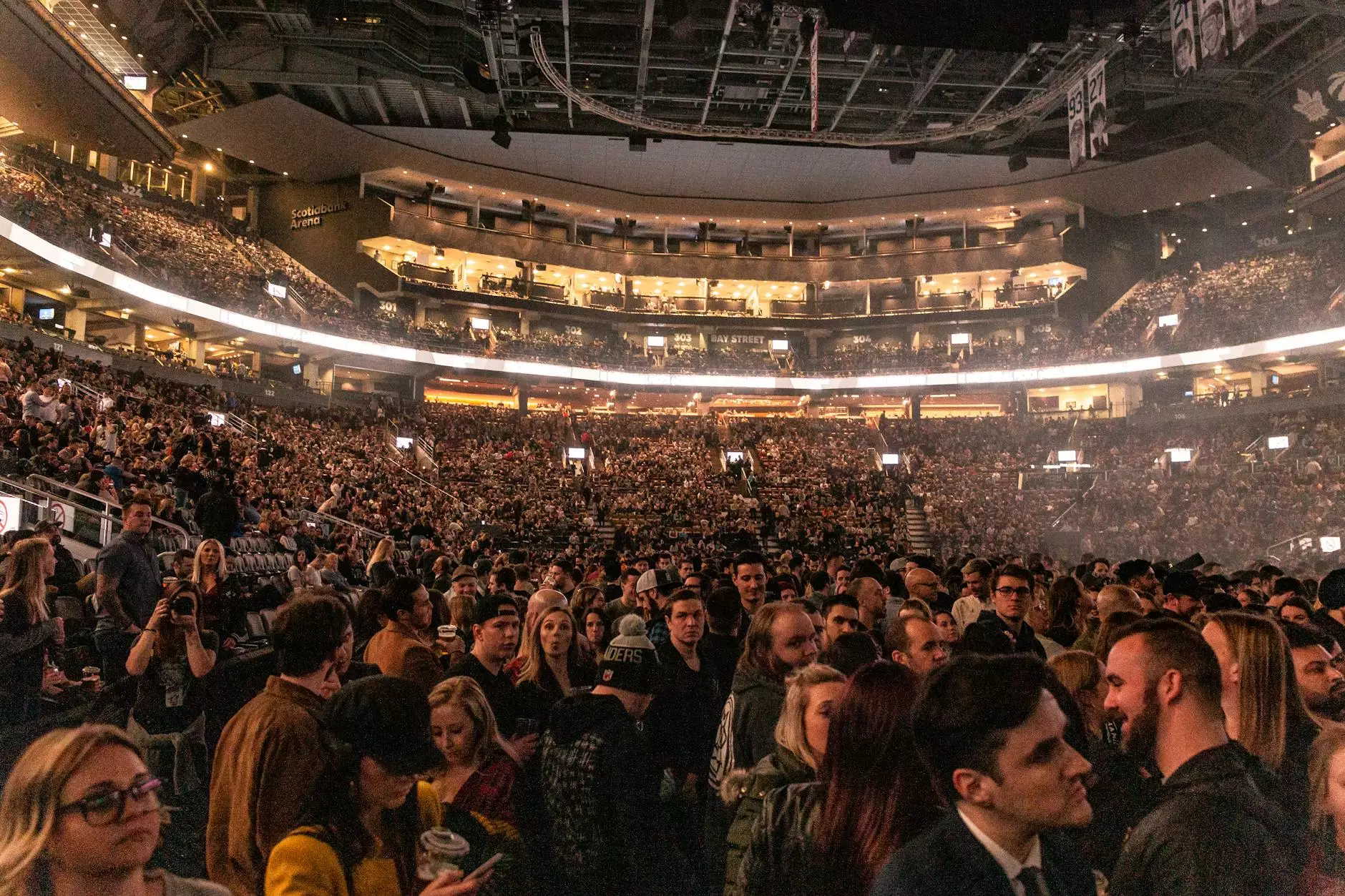The Multilingual Essence of "Casino": A Comprehensive Exploration

Understanding the Term Casino
The word "casino" is primarily associated with establishments that facilitate gambling, but its origins and implications go well beyond mere gaming. The term traces back to the Italian word "casa," meaning "house." In its essence, a casino denotes a "little house" where people gather for entertainment, leisure, and, notably, gaming.
Over the years, casinos have evolved into multifaceted entertainment hubs, offering a range of services such as dining, live performances, and luxury accommodations. This evolution reflects the cultural significance of casinos across different societies, showcasing how they adapt to local customs while preserving their core essence.
The Global Reach of the Casino Phenomenon
The concept of a casino transcends linguistic boundaries. Around the world, various languages have adopted and adapted the term to reflect local interpretations of gambling and entertainment. Here are a few notable examples:
- French: In French, the term is also "casino." It carries the same implications of a gambling house but often conjures images of glamorous, high-stakes games in locations like Monte Carlo.
- Spanish: The Spanish language also employs the term "casino," tying in cultural elements such as the traditional Spanish card game "Mus," commonly played in social gatherings.
- German: In German, the word "Casino" is used in much the same way, often referring to establishments that serve both as social clubs and gambling venues.
- Italian: Returning to its roots, in Italian, "casino" can sometimes have a negative connotation, referring to disorder or chaos, which adds an interesting layer to the term's cultural significance.
These variations illustrate how the essence of a casino remains consistent while allowing for cultural nuances that enrich its meaning. Across borders, the desire for social interaction, excitement, and perhaps the thrill of risk binds people together in the shared experience that is a casino.
The Role of Casinos in Economic Development
Casinos are not merely entertainment venues; they play critical roles in regional and national economies. Here's how:
- Job Creation: Casinos generate thousands of jobs, from croupiers and security personnel to chefs and hospitality services, significantly contributing to local employment rates.
- Tourism Boost: Many major casinos serve as tourist attractions, drawing visitors from all over the world. This influx contributes to greater spending in hotels, restaurants, and local attractions.
- Tax Revenue: Governments benefit from the taxation of gambling revenues, which can be used to fund public services and infrastructure projects, contributing positively to the overall economy.
- Community Development: Many casinos engage in charitable acts, donating portions of their revenue to community projects, educational programs, and health initiatives.
These aspects underscore the complex yet vital role casinos play in modern economies, illustrating that they are much more than mere places of chance.
The Evolution of Casino Culture
Over the years, the culture surrounding casinos has evolved significantly. Today, they are seen as multifaceted entertainment centers rather than just gambling houses. This transformation is evident through:
- Entertainment Options: Modern casinos now host concerts, theater performances, and other entertainment forms, further attracting a diverse audience.
- Luxury Accommodations: Many casinos are part of larger resorts, featuring high-end hotels, fine dining experiences, and spa services, catering to guests looking for a complete getaway.
- Technological Advances: The incorporation of technology has revolutionized gaming experiences. Online casinos and mobile gaming have made gambling more accessible than ever, allowing players to enjoy their favorite games remotely.
- Theming and Design: Contemporary casinos often have elaborate themes and designs, creating immersive environments that enhance the overall experience for the visitors.
This evolution reflects not only changing tastes but also the necessity for casinos to remain competitive in a rapidly changing entertainment landscape.
The Social Aspects of Casinos
Another vital dimension of the casino experience is the social interaction it fosters. Let's explore this aspect further:
- Social Gatherings: Casinos are popular venues for social events, parties, and gatherings, offering a space where individuals can connect and enjoy shared experiences.
- Friendship and Networking: The casual and festive atmosphere of a casino often leads to new friendships and professional connections, as people bond over games and entertainment.
- Community Engagement: Many casinos host community events, charity functions, and educational workshops, contributing positively to local communities and fostering goodwill.
- Variety of Games: The variety and interactivity of games available can lead to lively discussions and camaraderie among players, enhancing the overall enjoyment of the casino experience.
In essence, casinos serve as cultural hubs where people can engage socially, significantly enriching the overall experience.
Conclusion: The Enduring Appeal of Casinos
In conclusion, the term "casino" encompasses a rich tapestry of cultural, economic, and social significance that transcends borders and languages. Whether viewed as locales for gambling, entertainment, or socialization, casinos continue to be revered institutions that adapt to the times while retaining the charm of their origins.
The enduring appeal of casinos lies in their ability to bring people together, create opportunities for enjoyment, and contribute meaningfully to the economy. As this industry evolves, the future of casinos looks promising, poised to innovate and inspire, while remaining true to the little house of entertainment that the term originally embodied.









